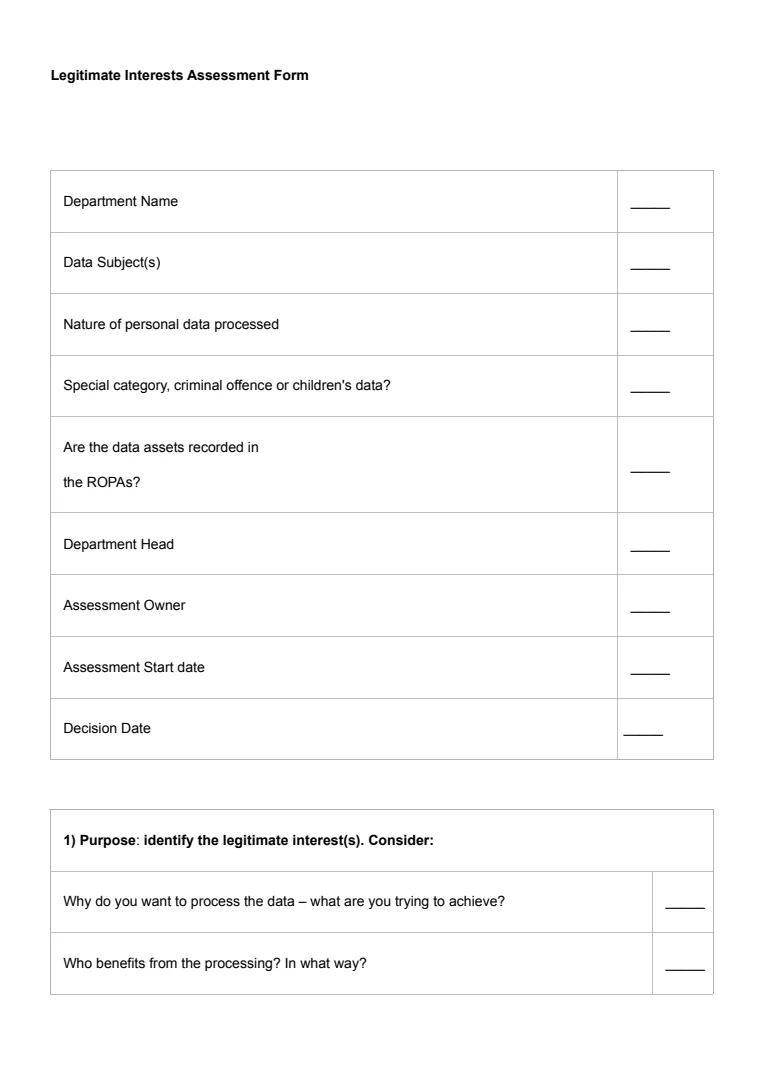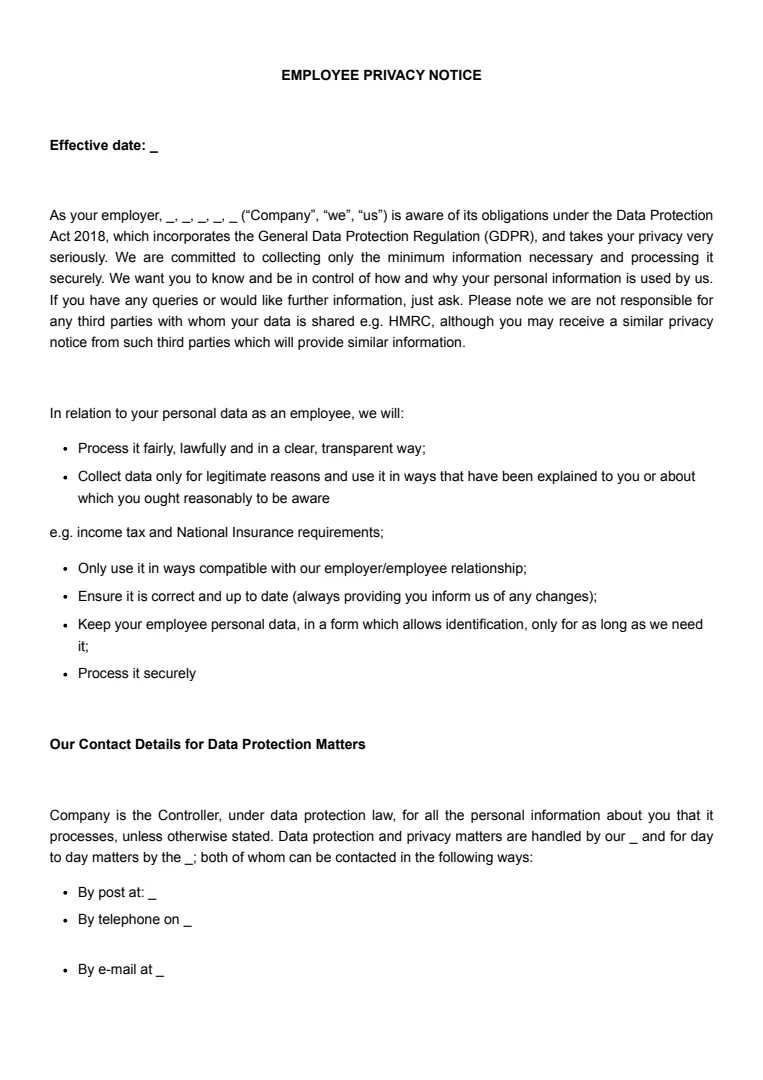What Is a Cookies Policy?
A cookies policy is a document you're likely to come across on many websites. It explains what cookies are being used on the website and why.
You might be wondering why a website needs a cookies policy. Well, it's all about transparency and giving you control over your personal data.
Cookies are tiny text files stored on your device when you visit a website. They can remember your preferences, such as language settings, or track your activities to personalise your experience.
Cookies are handy when shopping online or returning to a site you use often.
Websites need a cookies policy to comply with privacy laws, such as the GDPR in Europe. These regulations are in place to protect your data and ensure you know what's being collected.
Without a clear cookies policy, it could be difficult for you to understand how your data is used.
A comprehensive cookies policy usually includes:
- List of cookies: Details what cookies are used on the site.
- Purpose: What each cookie does, like remembering login details or tracking site usage.
- Duration: How long each cookie stays on your device.
Some cookies are essential for a website to function properly, while others are more about customisation or analytics.
When visiting a site, you'll often see a cookie consent banner asking for your permission to use non-essential cookies. It's your choice to accept or reject them, but a good cookies policy should guide you through this process.
When Is a Cookies Policy Needed?
If you own an online business or website, you’ll need a cookies policy if your website uses cookies to collect information from visitors. Cookies are small data files placed on users' devices to track their browsing activity.
In regions like the European Union, countries enforce laws like the GDPR and ePrivacy Directive. These laws require websites to have a cookies policy if they use cookies.
It's not just about having it; you also need consent from the users before placing cookies on their devices.
The U.S. also encourages transparency about data collection. Although not all states have specific laws, California has stricter regulations, like the CCPA. If your site attracts international visitors, be aware of these requirements.
If your website includes third-party services like analytics, advertising, or social media plugins, it's necessary to have a cookies policy. These services often use cookies to gather data, so transparency is essential.
Even if you think your use of cookies is minimal, a policy helps inform users about how their data is being collected and used.
This doesn't just apply to commercial websites – any site that gathers data via cookies should have a visible policy.
So, whether you're running a blog, an e-commerce site, or an online service platform, make sure you include a clear cookies policy to maintain trust and comply with legal standards.
How to Write a Cookies Policy
To ensure compliance with GDPR and privacy regulations, you need to have a clear cookies policy in place. You can follow these steps to create your own cookies policy. Using a cookie policy template will also help guide you.
Step 1: Define What Cookies Are
A simple explanation will do: cookies are small files stored on a user's device that track their activity on your website.
This explanation sets the foundation, helping users understand what you're talking about right off the bat.
Step 2: Explain Why You Use Cookies
Transparency matters. Clearly describe the reasons for having cookies on your site, like improving user experience, analysing website performance, or targeting ads.
Being upfront about why you're using cookies helps build trust with your visitors.
Make sure you list the types of cookies your site uses
Common types include essential, performance, functionality, and targeting cookies. Give a brief description of each so that people know what they're dealing with.
Step 3: Explain How You Obtain User Consent for Using Cookies
Usually, this involves a cookie banner that asks users to accept or modify settings.
Make sure users can easily opt out if they choose to do so.
Step 4: Detail How Users Can Manage Cookies
Explain how users can manage cookies on your site as well as through their browser settings.
Guide them through the process, providing links or instructions where necessary. This empowers users to control their own data.
Step 5: Ensure Your Policy States Who to Contact
If users have any questions about your cookies policy, provide a specific department or an email address.
Having a contact point adds another layer of transparency and accountability to your policy.
Step 6: Regularly Update Your Cookies Policy
Any time you make changes to your cookies or how you use data, review and update your policy to reflect those changes.
Keeping things up-to-date ensures ongoing compliance with privacy laws.
















